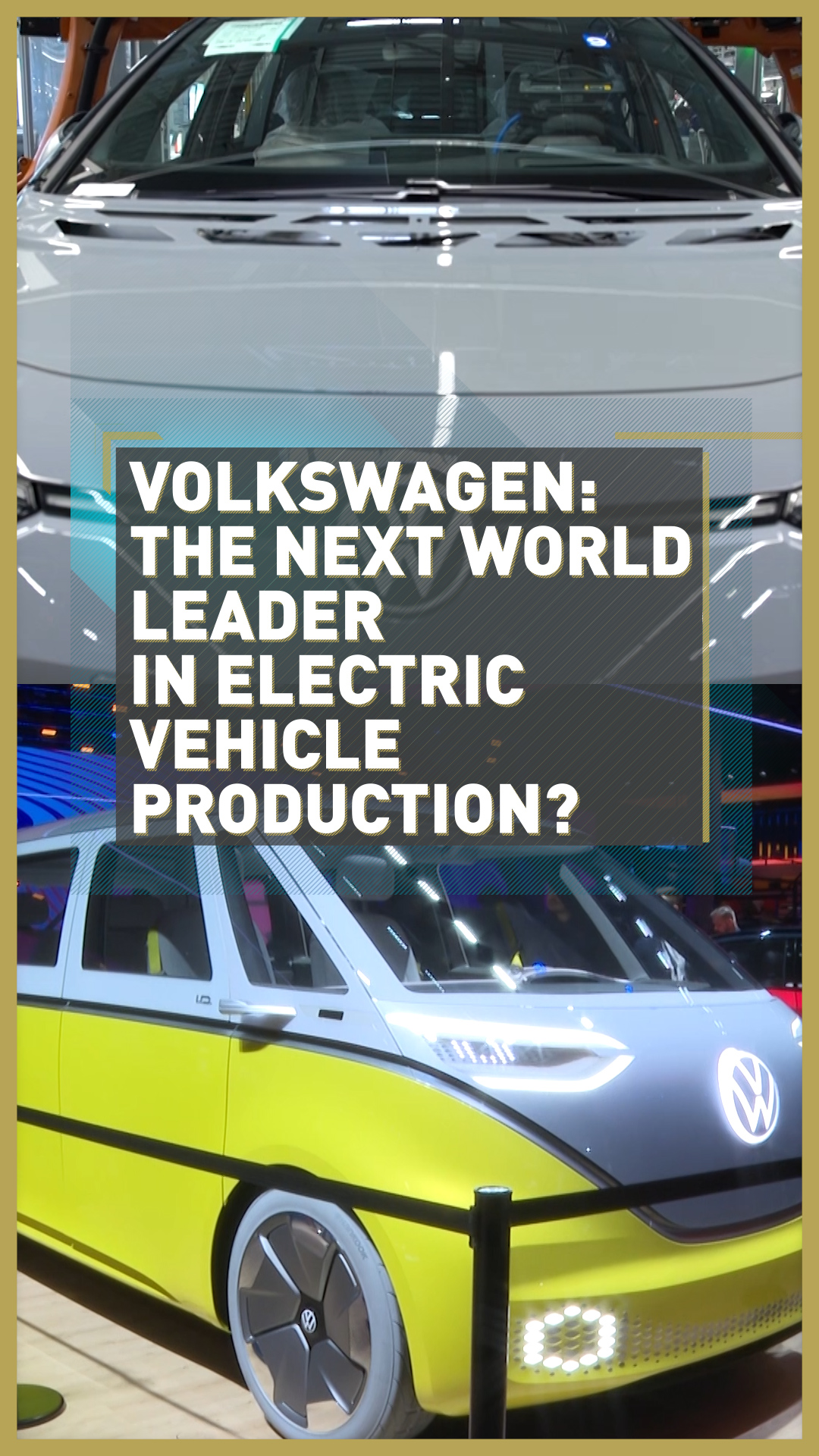"Our operating environment has changed significantly since the start of the year."
Admittedly, that could be anyone in 2020. But it's not, it's Noel Quinn, CEO of HSBC as the bank announced a cliff-edge drop of more than 50 percent in pre-tax profits, compared with the first half of 2019.
He also announced the lender will bring forward the 35,000 job cuts Quinn expects to make.
All this was prompted by COVID-19 and the $27 billion in "mortgage holidays" the bank has agreed.
And it's not the only bank to reveal its true level of suffering today. France's Société Générale suffered a net loss of $1.48 billion, despite the fact it put several hundred million dollars away in case of a rainy day. It doesn't seem like the plan has worked.
But enough dour news for a Monday – to lift your spirits, why not watch our video below on a new electric vehicle factory in Germany?
Or scroll down right to the bottom and bask in the best collective manufacturing PMI figures Europe has posted in nearly two years.
Happy reading,
Patrick Atack
Digital business correspondent
P.S. Did you know we send this briefing by email, too? Sign up here

HSBC is stepping up its restructuring plans after reporting a 65 percent drop in pre-tax profits for the first half of the year. CEO Noel Quinn said 35,000 jobs were on the line. Europe's biggest bank also warned the economic fallout from the coronavirus pandemic could trigger up to $13 billion in loan losses. Shares fell to a near 12-year low as investors digested the news.
The CEO of ByteDance, the Chinese firm that owns TikTok, said the company has "not reached a final solution" for the social media arm of the business after U.S. President Donald Trump said he would ban the site. In an email to staff, Zhang Yiming added: "We won't give up on any possibilities."
Could adverts for SUVs soon be controlled in the UK, like cigarette adverts? That's the proposition from one group, which said the pollution caused by popular large vehicles puts climate goals in doubt.
Chinese AI firm Shanghai Zhizhen Network Technology, also known as Xiao-i, is suing Silicon Valley giant Apple over its voice-recognition tool Siri, which the Shanghai-based company says infringed on its own patent filed in 2004. Xiao-i is asking for $500 million and for Apple to cease using the technology in its products.
From a billion-dollar profit for the first half of 2019, to a $457 million loss this year, Dutch brewer Heineken's profits took a big hit from the pandemic. Wary of promising a better second half, the beer maker warned shareholders of "volatile and uncertain" markets ahead.
Major French bank Société Générale has announced a surprise loss of more than a billion dollars, even after setting aside $765 million to deal with potential risks emanating from the pandemic. Soc Gen, as it's widely known, suffered a net loss of $1.48 billion for the second quarter.
China's factory activity expanded at the fastest pace in nearly a decade in July. Domestic demand continued to improve after the pandemic. The Caixin Manufacturing Purchasing Managers' Index rose to 52.8 percent in July from June's 51.2 percent. A figure above the 50-mark means expansion. Domestic demand drove the growth.
LATAM Airlines will fire at least 2,700 workers in Brazil including pilots, its Brazilian arm said on Saturday, as the bankrupt carrier struggles to cut costs and cope with an industry collapse due to the COVID-19 pandemic. In a statement, LATAM Brazil said it opened a voluntary redundancy process on Friday, which will run through 4 August, after which a further minimum 2,700 jobs will be cut.
Watch: Volkswagen sets off on its journey to become the biggest electric car manufacturer in the world, after unveiling its all-electric Zwickau plant in Germany. The company is aiming to produce 330,000 cars of this type each year, rivaling U.S. brand Tesla.
02:43

David Bailey, professor of Business Economics at the University of Birmingham, spoke to CGTN Europe about the possibility of a ban on SUV adverts in the UK, in order to tackle climate change.
Is this a good idea, if the campaign were to be put into legislation?
We've seen a big shift towards SUV fees in recent years. And the long-term trend of reducing CO2 emissions per kilometer has really slowed down. So, from an environmental point of view, I think they've been pretty disastrous.
Do you think the climate crisis will lead to consumers buying smaller cars?
Electric car sales are actually up sharply [during the pandemic]. So we are starting to see a significant shift towards electric cars. I think the really big SUV market in Europe has peaked. They started to decline.
It's easy to forget now, but banning cigarette and tobacco advertising had a major effect around the world, didn't it?
It certainly did have a huge impact on people's health. First of all, it also changed the way we behave. We could see something similar coming through the COVID-19 crisis … on whether or not you actually need a car.
